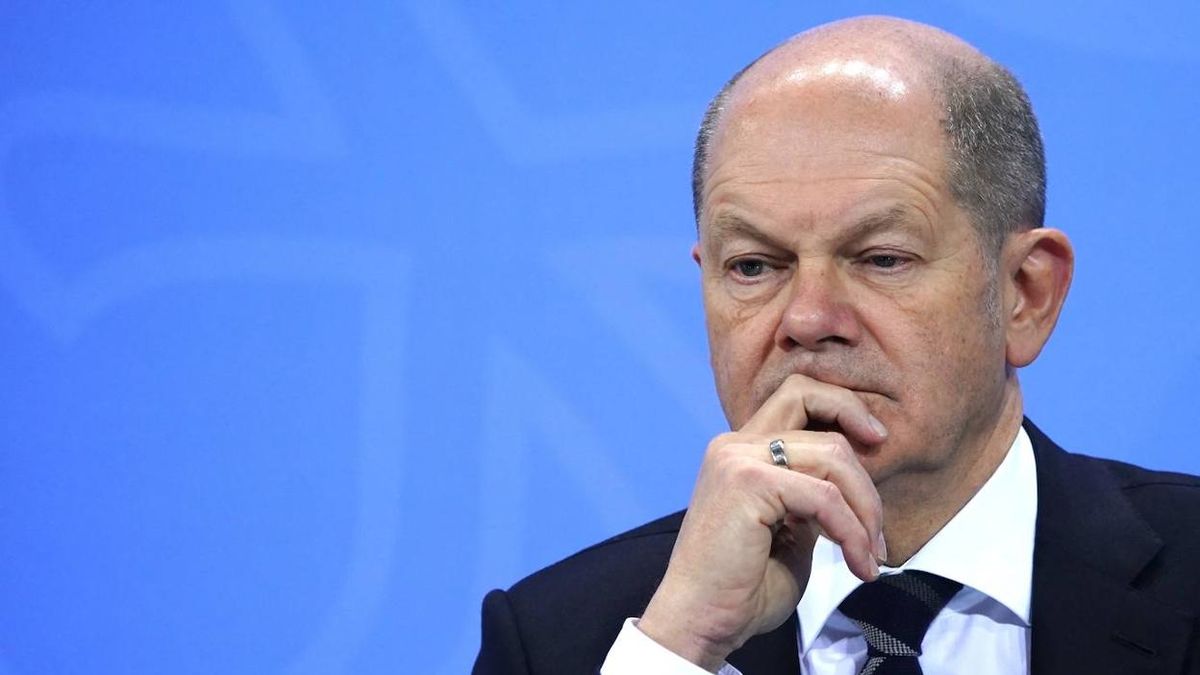In the vote, 395 parliamentarians voted against Scholzwhile 207 supported it and 116 abstained. This is the first vote of its kind in almost two decades in Germany.
bundestag.jpg
The chancellor had requested a vote of confidence last week, based on Article 68 of the Basic Lawas the only current viable way to hold early elections. For their part, the main opposition parties had been requesting it for some time.
While Scholz could have continued in office without a majority, political instability would have cost him dearlysince the Bundestag would not have been able to pass laws.
While the vote was categorically against the chancellor, concerns had been raised that Scholz could unexpectedly win the vote if members of the Social Democratic Party (SPD) of Scholz and the Greens voted in favor, while the party Alternative for Germany (AfD) I would vote in his support to create chaos.
To avoid this scenario and to prevent Schloz from obtaining the involuntary support of the 76 members of the AfD that could have made him exceed the 367 necessary votes, the leadership of the Green party advised its members to abstain.
While the regular federal elections were originally scheduled for September next year, the so-called “traffic light coalition” from the SPD, Greens and the Free Democratic Party (FDP) failed to reach agreement on a budget joint by 2025. This occurred due to a series of disagreements over tax allocation, economic stimulus measures and investment financing.
In the midst of the conflict, Chancellor Scholz dismissed the FDP Finance Minister, Christian Lindner Subsequently, other FDP ministers resigned from the Government to withdraw from the ruling coalition.
How Chancellor Scholz’s situation continues after losing the vote of confidence
After losing the vote of confidence, Scholz met with the Federal President, Frank-Walter Steinmeier, to recommend the dissolution of the Bundestag. Now, Steinmeier has 21 days to decide whether to dissolve Parliament.
In the event of the dissolution of the lower house, The new elections must take place within a maximum period of 60 days.
For its part, the SPD and the CDU/CSU Union Parties (Christian Democratic Union of Germany and the Christian Social Union of Bavaria) proposed the February 23 as the date for the election. However, the final decision will be made by the Federal President.
Source: Ambito




